Keywords: Oil
There are more than 200 results, only the first 200 are displayed here.
-
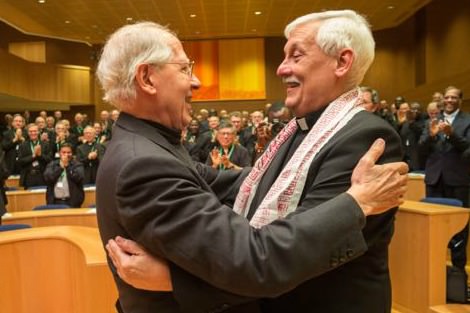
RELIGION
- Andrew Hamilton
- 07 November 2016
6 Comments
Ordinarily I wouldn't dare to say political leaders have anything to learn from Jesuits. But these are the kind of extraordinary times of anxiety and flux that led ancient rulers to consult oracles, read tea leaves and look at the flight of birds. People fret because their future and pockets rise and fall on the tide of of would-be presidents. In the sour slurry of discontent and puzzlement the election of a Venezuelan political scientist as international leader of the Jesuits provides material for broader reflection.
READ MORE 
-
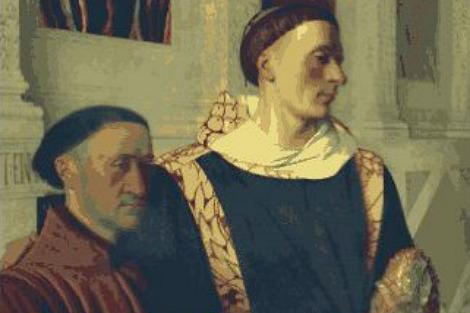
AUSTRALIA
- Brian Matthews
- 03 November 2016
4 Comments
Curiously, while privacy continues to be valued and sought in the 21st century perhaps more strenuously than ever before, its milieu is once again the furious turmoil of aggressively public revelation, exhortation and threat that distinguished Johan Huizinga's scarifying portrait of the medieval world, in his book The Autumn of The Middle Ages. In our age, 'all things in life' once again have 'about them something glitteringly and cruelly public'. Or to put it another way, we have social media.
READ MORE 
-

AUSTRALIA
- Andrew Hamilton
- 05 October 2016
5 Comments
In political commentary liberal politics and identity politics are often presented as polar opposites. For supporters of liberal politics the relationship between the two is one between virtue and vice, rationality and emotion, the wise against the mob. I believe that the relationship is more complex, that identity politics shares the same stunted assumptions about personal and national identity as liberal politics, sees the self-interest of the latter, and wants to despoil it.
READ MORE 
-

ARTS AND CULTURE
- Tim Kroenert
- 05 October 2016
1 Comment
At the opening of the Environmental Film Festival Australia in Melbourne last week, festival patron and former Greens senator Bob Brown highlighted the movement against oil drilling in the Great Australian Bight. He painted a picture wherein a major spill in the region could lead to an environmental disaster stretching as far from the site as the NSW coast. His words make the release of Deepwater Horizon, about the disaster that led to the 2010 BP oil spill in the Gulf of Mexico, even more timely.
READ MORE 
-
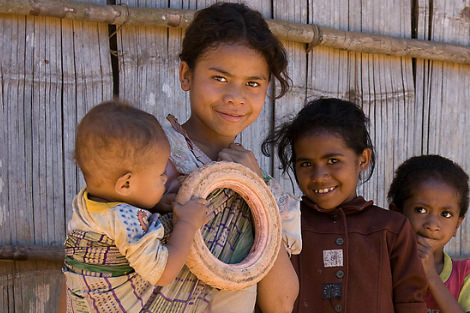
INTERNATIONAL
- Frank Brennan
- 27 September 2016
19 Comments
Timor has scored another win in the international legal forum, this time before a five-member Conciliation Commission convened under the auspices of the Permanent Court of Arbitration. In response, George Brandis and Julie Bishop regurgitated the Canberra mantra: 'We have a strong interest in Timor-Leste's stability and growing prosperity, and in providing a stable and transparent framework for investment in the Timor Sea.' They have no idea just how patronising this sounds in Dili.
READ MORE 
-
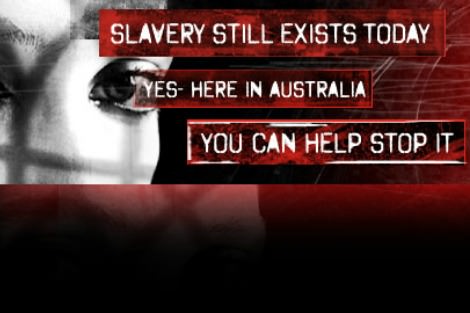
INTERNATIONAL
- Sarah Puls
- 20 September 2016
3 Comments
Labour exploitation in Australia is a massive problem and becoming worse. And it's not like our parliamentarians are unaware of the facts. In March a senate report, titled 'A National Disgrace: Exploitation of Working Visa Holders', provided evidence of significant exploitation of vulnerable workers and made 33 recommendations to address these issues and work towards change. Yet, not one of these recommendations has been taken up and there is no sign yet that they will be.
READ MORE 
-
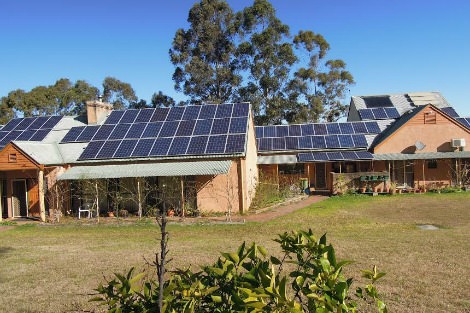
ENVIRONMENT
- Thea Ormerod
- 09 September 2016
10 Comments
With the grip of climate change tightening, few seem to understand the urgency of the crisis. This is why the announcement of over 3500 churches in the UK switching to clean power is so significant. At last, a solution presented by religious communities that matches the scale of the problem. They are providing the kind of leadership for the needed transition to an ecologically sustainable future. Unfortunately, one reason why it is so exciting is that we're nowhere near this in Australia.
READ MORE 
-

AUSTRALIA
- Bronwyn Lay
- 09 September 2016
17 Comments
When I read this week that Tony Abbott and John Howard will hear no talk of a Treaty with Aboriginal Australia, my first thought was 'Who listens to these blokes from ancient political history?' Abbott conceded that it is important to recognise Indigenous Australians were here first, 'But once it goes beyond that I think you open up all sorts of other things.' That is true, and those other things to be opened up are incredibly legally exciting and relevant to our times.
READ MORE 
-
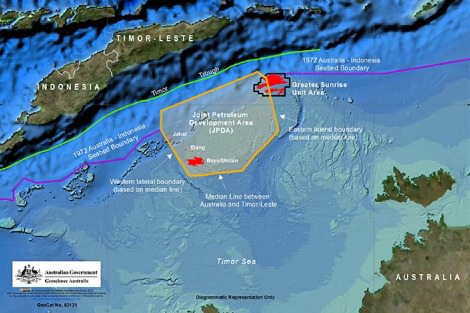
INTERNATIONAL
- Paul Cleary
- 01 September 2016
2 Comments
As Australia and East Timor met overnight at the Permanent Court of Arbitration in The Hague, the Britain-Norway settlement of the 1960s provides an instructive case study of how to resolve the dispute over oil and gas fields in the Timor Sea. Norway had feared its big neighbour would exploit a deep trench near its coastline and push the boundary beyond halfway. Instead, the Norwegian negotiators were stunned when Britain offered the median line as the starting point for negotiations.
READ MORE 
-

ARTS AND CULTURE
- Peta Edmonds
- 30 August 2016
1 Comment
An addict shows me his rack of ribs, he's off to the slaughter house. An addict rubs his face like a brushed potato. The addict searches through bins looking for scraps of himself and his whims. An addict lives in a room at the weaver's loom, peddling his stories and drugs.
READ MORE 
-
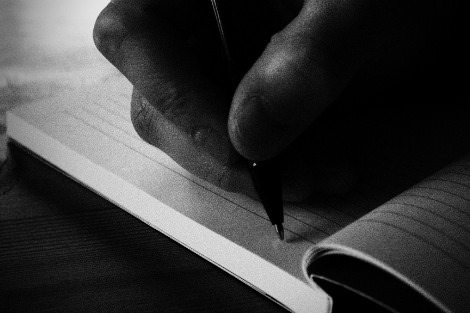
AUSTRALIA
- Shira Sebban
- 15 August 2016
14 Comments
Sobs rack his body. Under the Fast Track Assessment process being used to clear the backlog of protection claims, the nondescript official sitting opposite him, or one of his colleagues, will most likely be the one to decide his fate. 'Should you be found not to engage Australia's protection obligations, the government may share your biographical details with the authorities of your country of origin,' the official intones. 'If you give them information about me I will be killed,' comes the chilling reply.
READ MORE 
-

ARTS AND CULTURE
- Lesley Lebkowicz, Andrew Madigan, Barry Gittins
- 02 August 2016
1 Comment
My friend, new to Mandalay, never before in Asia, sighs as she sees the east- and west-bound cars and rickshaws slow to a ragged fringe across the intersection. The north- and south-bound take their turn in the same gentle, fearless lack of order. Ah, she says, see how aware they are, each of the other. Such harmony: you can tell it's a Buddhist country. Spoilsport, I point to where, so easily ignored, enmeshed in a thicket of wire overhead, lights flicker: green, amber, red.
READ MORE 